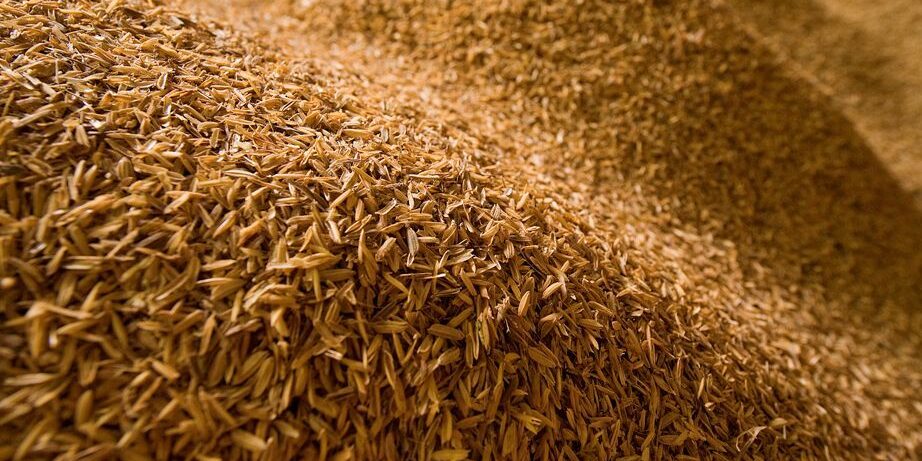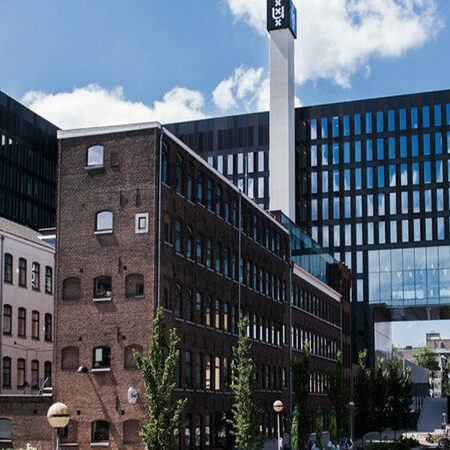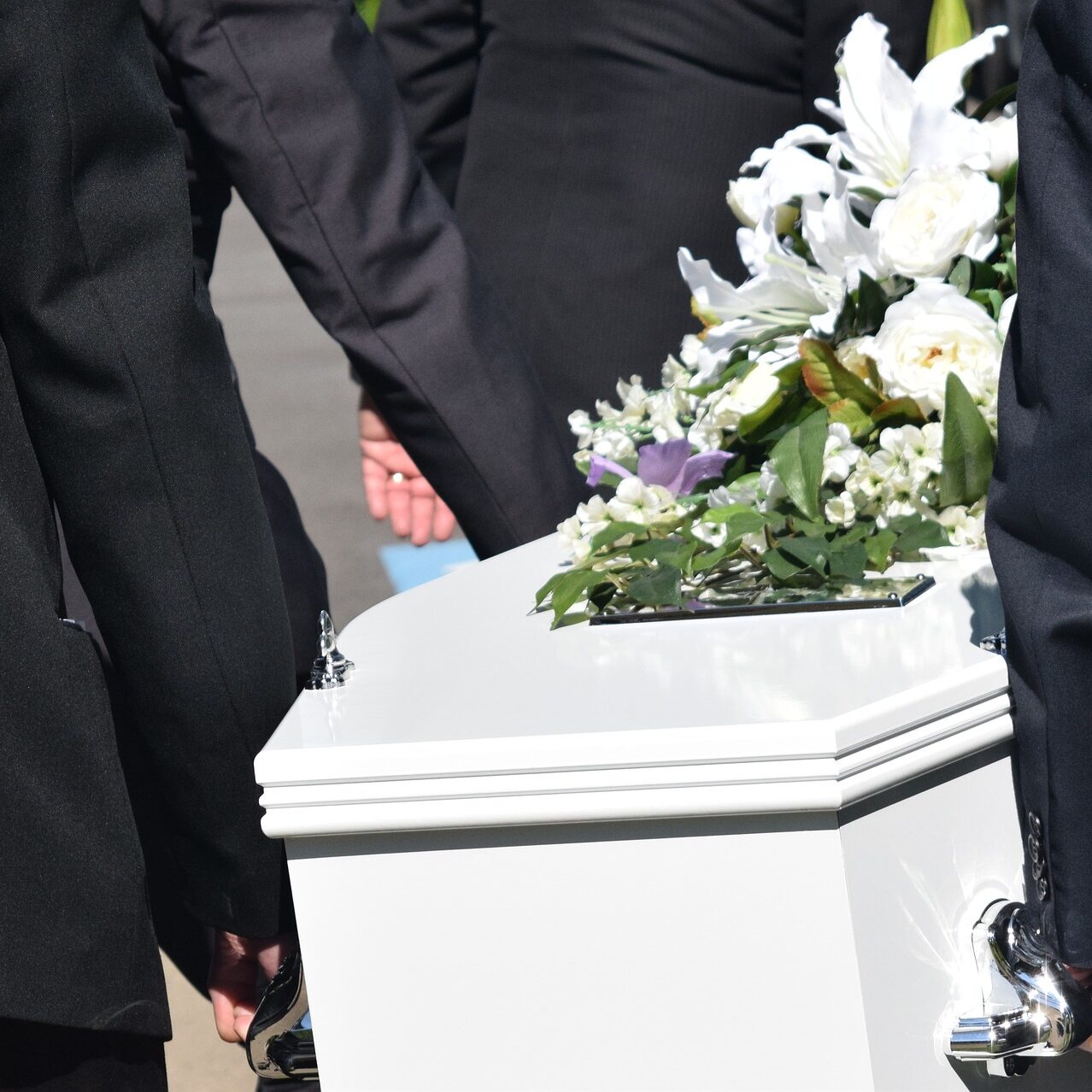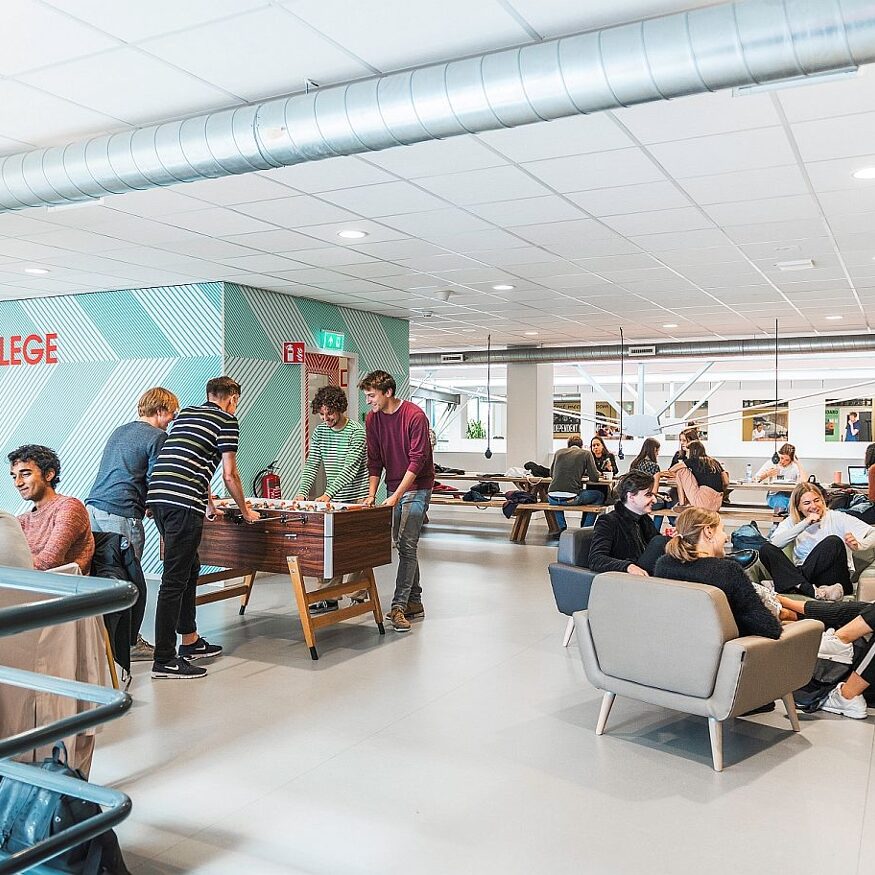RVO - Rice Husk Ash SBIR Phase 2
Context
We are proud to have completed the second phase of RVO’s SBIR program: a targeted funding aimed at inciting sustainable innovation in the global south. SBIR funds any sustainable innovation in the sectors of Artificial intelligence, Construction & infrastructure, Circular, Cybersecurity, Data usage, Health, Mobility, Education or Food.
Our project has started on Phase 1, in 2021, when our consortium with SPAAK CS and LONO IC formed in order to address the issue of agriculture waste on rice production. Our Dutch-Ivorian consortium has developed its research on the possibilities of transforming such waste into construction material, using rice husk ash’s silica as a substitute for chemical, heavily-polluting cement. Our research has unveiled the large opportunities given by a nation-wide policy on rice production regulation, aimed at greater sustainability and improved food autonomy on the agricultural side; but also a booming construction sector, facing the great ivorian ambitions of sustainable development.
In the second phase of our SBIR project, the primary focus was dedicated to the establishment of a robust local network comprising key stakeholders integral to our business case. This involved a comprehensive evaluation of our product with partners and offtakers, analyses of the ease of doing business, and an exploration of the implications associated with initiating a business in Ivory Coast.
Our Work
Parallel to SPAAK CS’ laboratory-centric research, a cornerstone of our rice husk ash project involved strategic community engagement. Collaborative initiatives with local stakeholders, including rice mills, farmers and sector associations, were undertaken to foster a sustainable impact. Key social milestones included the introduction of an additional revenue stream for farmers and the generation of job opportunities.
TheRockGroup assessed the biocement certification process between March till May 2023, prioritizing compliance with industry standards and environmental sustainability. The meticulous journey involved gathering detailed information on the collaboration process with certification experts, comprehensive testing of physical and chemical properties of our product, and detailed documentation.
The submission to certifying authorities led to an iterative review process, with TRG maintaining
transparent communication and making necessary adjustments based on feedback. TRG successfully obtained certification, solidifying its position as a leader in eco-friendly construction materials. The achievement not only validated product quality but also marked a commitment to ongoing excellence and environmental responsibility.
In addition, TRG helped to identify all rice mills, which served as input to calculate optimal transportation routes to potential suppliers. This process shaped the project’s direction in July till October 2023. This activity included mapping out the landscape of rice mills but also the identification of all relevant mills. By collaborating closely with LONO CI, the project gained critical insights that influenced decision-making and strategic planning, including learnings from the SARA trade mission and conversations with potential suppliers.
Finally TRG supported the process of testing and trials of different business models together with the rest of the consortium, to identify the best format possible for our project.
In navigating the forward trajectory of the rice husk ash project, a consortium decision was reached to:
- Transition towards a developmental role rather than assuming a direct operational position for the processing facility. This strategic shift aligns with our vision of leveraging existing networks and collaborations for future investments.
- In addition to that, the deliberate inclusion of electricity production from residual heat within our operational framework became necessary for economic viability.
- Regarding the operational side, instead of going through the process of setting up a formal company, which appeared to be rather complex, we opted for a simpler arrangement—a development contract and success fee structure.










